Exploring the Mystical Realm of Winter Dreams: Unveiling the World of Oneirogens and Herbs
Winter brings with it a certain ethereal quality, as if the world around us is cloaked in a hazy dream. It's the perfect time to delve into the realm of dreams, where the subconscious takes flight and whispers its secrets. Have you ever heard of oneirogens? These mystical substances have been captivating dreamers for centuries, opening doorways to vivid dreamscapes and profound self-reflection.
Unveiling Oneirogens: Dream Crafters
Let's start with the term itself. "Oneirogens" derive their name from the Greek words oneiros (dream) and gen (to create). Essentially, they are substances known to induce or enhance dream experiences. Throughout history, these elements have wielded a spectrum of effects, from the hallucinogenic to the natural amplification of dreams.
But why this fascination with enhancing our dreams? Well, according to the teachings of Carl Jung, dreams serve as messengers from our subconscious, offering us a window into our deepest thoughts and emotions. They provide invaluable insights, aiding in self-reflection and potentially guiding us towards healing and personal growth. And, of course, let's not forget the sheer thrill of lucid dreaming, where one can consciously navigate their dreamscape.
The Herbal Elixirs: Nature's Dreamweavers
Now, here's where it gets truly intriguing—herbs that act as gateways to the dream world. From exotic finds around the globe to the surprising potential of common roadside weeds, these botanicals hold remarkable power:
Mugwort: This humble herb boasts potent dream-enhancing properties and emits a delightful aroma. Pair it with lavender for an olfactory dream journey.
Calea: Hailing from Mexico, this dream herb is known for its bitter taste but exceptional dream-inducing qualities.
Blue Lotus: Revered in ancient Egyptian culture for spiritual significance, it's known to induce vivid dreams and relaxation, offering a tranquil gateway to profound dream states.
Nutmeg: Found in Ayurvedic practices for sleep, it comes with cautions due to its potency.
Reishi: Though not officially classified as a oneirogen, its regular use has been linked to intensified dream experiences and even waking psychedelic moments.
But it's not all about inducing dreams; certain herbs aid in mental clarity and relaxation:
Rosemary: Nourishes the brain and promotes mental clarity.
Guayusa: Surprisingly, it keeps the brain alert even during sleep, but caution is advised for regular use.
Lavender: A gentle remedy for easing anxieties related to falling asleep.
Crafting Dreamscapes with Herbs
The magic lies in how we employ these botanical dreamweavers:
Dream Pillows & Aromatherapy: Create dream-infused pillows using mugwort and lavender for a tranquil sleep experience.
Herbal Teas: Sip on mugwort tea before bedtime, but be mindful of the quantity to avoid frequent trips to the bathroom.
Tincture Blends: Utilize tincture blends throughout the day to expand consciousness gradually.
Meditative Rituals: Engage in meditation while connecting with a specific herb before bedtime for a deeper dream connection.
Embrace the Winter Dreaming
As the winter nights lengthen, it's an ideal time to embrace the enchantment of dreaming. Whether you're seeking profound insights from your subconscious or simply yearning for the thrill of lucid dreams, these oneirogens and herbs offer a tantalizing gateway into the mystical realm of dreamscapes. Remember, in the world of dreams, the possibilities are as endless as the winter night sky.



